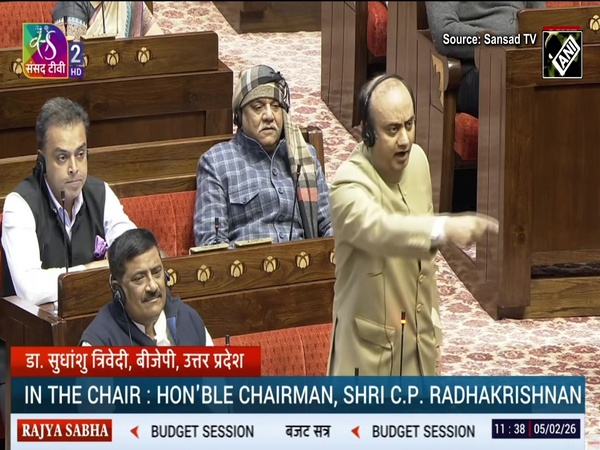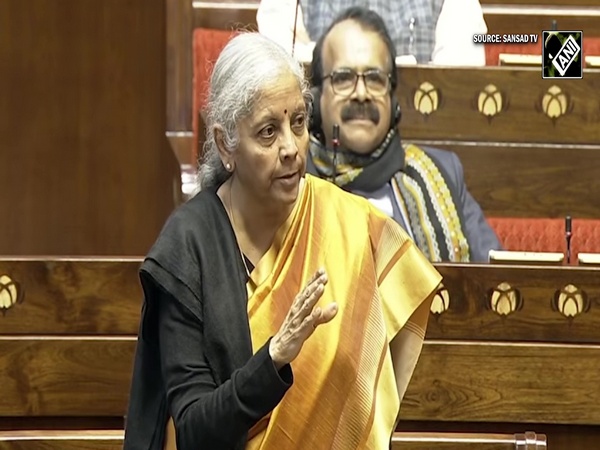Deep discounts and cash backs during festive sales by e-commerce companies are killing small retailers: CAIT
Oct 02, 2024

New Delhi [India], October 2 : Industry body Confederation of All India Traders (CAIT) has raised concerns on the deep discounts or cashbacks provided by the e-commerce festive sales by the companies, which tends to monopolise the retail market, hence reducing the abilities of the small offline retailers.
The industry body recomended suspending the e-commerce festival sale along with several other recommendations to provide a level playing field to all the players in India's retail ecosystem.
"Exclusive cashbacks are anti-competitive and encourage grey market operations. A ban would help restore fairness in the market," the industry body stated in its whitepaper.
It highlighted, citing the Competition Commission of India (CCI) findings, that the cash burn strategies and collusive partnerships of the e-commerce platform enable them to monopolise markets by forming exclusive alliances with OEMs and banks.
"This anti-competitive behaviour forced customers to rely on e-commerce platforms, sidelining the traditional retail sector," the CAIT added in its while paper.
It also raised concerns, adding the issue of lack of price control.
"E-commerce platforms, through exclusive agreements and cash burn practices, sold high-value consumer electronics at prices below the rates available to brick-and-mortar retailers, harming the retail sector's viability," the white paper added, citing the CCI observation.
The industry body further raised concerns, adding that the e-commerce companies are misusing the foreign direct investment (FDI) norms as found in the CCI investigation.
As mentioned in the white paper, the CCI investigation found that foreign direct investment (FDI) was used to cover losses resulting from deep discounting and cash-burning strategies, rather than contributing to economic growth.
It also highlighted that the e-commerce companies get benefits from the loopholes in the data privacy laws, which allow these platforms to manipulate consumer behaviour.
The CAIT, in its white paper, which the industry body has prepared in association with the All India Mobile Retailers Association (AIMRA), recommended that a robust policy framework should be developed to close regulatory loopholes. As per the industry body, a robust policy framework will ensure fair competition and protect consumers.
It further added in its recommendations that a fast-track system to resolve consumer complaints, led by an ombudsman, should be established.
This would prevent deceptive practices and ensure timely interventions, the body said.
It also recommended discontinuing GST input credits for B2C e-commerce transactions, adding it would reduce tax evasion and prevent revenue losses.
Going further, it recommended an imposition of an e-commerce luxury tax, adding that a luxury tax on high-end products sold via e-commerce platforms would level the playing field between online and offline retailers.




















